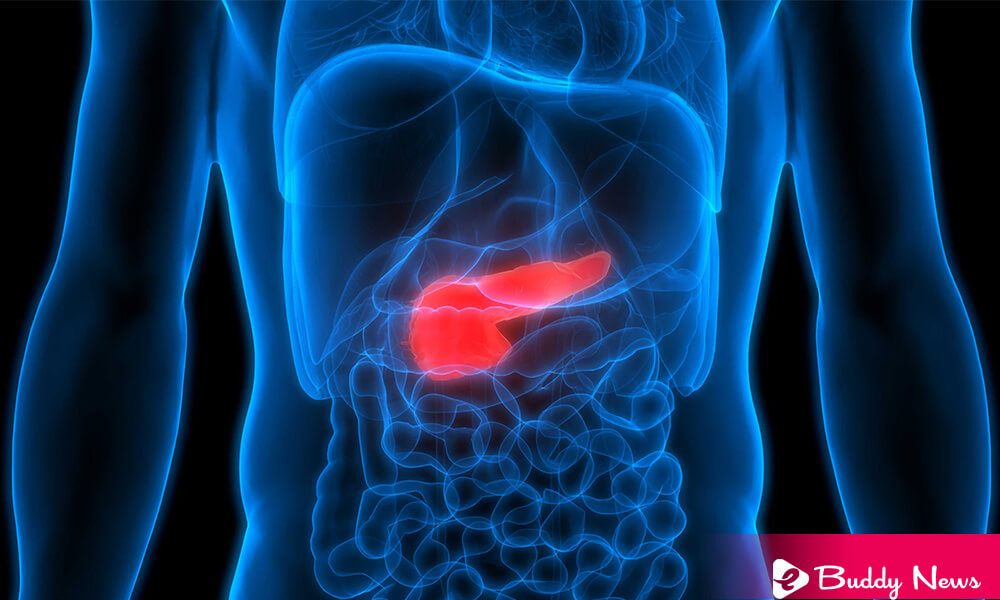What Is The Key Role Of Insulin In The Body?

Insulin helps the pancreas produce hormones with several vital functions in the human body, particularly controlling blood glucose levels and preventing hyperglycemia. Insulin also affects many other areas of your body and regulation of enzyme activity.
Insulin And Metabolic Processes In The Body
The most key role of insulin in the human body is its interaction with glucose to allow its cells to use glucose for energy. The pancreas generally produces more insulin in response to a rise in blood sugar levels after meals. That is because insulin acts as a “key” to unlock cells in the body to allow glucose, and it is using as a source of energy.
In addition, if there is excess glucose in the blood, a condition known as hyperglycemia, insulin encourages glucose storage as glycogen in the muscle, liver, and fat cells. When energy needs are the highest amount of glucose later, these stores can use it. As a result, there is less insulin in the bloodstream, and it restores normal blood glucose levels.
Insulin stimulates glycogen synthesis in the liver; however, an alternative pathway takes over when the liver becomes saturated with glycogen. That involves the absorption of additional glucose into adipose tissue, leading to the synthesis of the lipid cycle.
Results Without Insulin
The body can not use glucose as energy in the cells without insulin. As a consequence, glucose remains in the blood and can lead to chronic hyperglycemia. This Chronic hyperglycemia is characteristic of diabetes mellitus. If untreated, it is associated with severe complications, such as damage to the nervous system, eyes, kidneys, and extremities.
In more severe cases, a lack of insulin and a reduced ability to use glucose as an energy source can rely on fat stores as the only source of energy supply. The analysis of these fats can release ketones into your bloodstream, leading to a severe condition called ketoacidosis.
Other Functions Of Insulin In The Body
Along with glucose regulation, insulin also plays a crucial role in other areas of the body. To this end, involving insulin in:
- It modifies the activity of enzymes and the resulting reactions in the body.
- It builds muscle after disease or injury via the transport of amino acids to muscle tissue, which is required to repair muscle damage and increase size and strength.
- It can help to regulate amino acid absorption, DNA replication, and protein synthesis.
- It manages the synthesis of lipids by absorption into fat cells that convert to triglycerides.
- It manages protein and lipids failure due to changes in fat cells.
- Its absorption of amino acids and potassium into cells cannot occur in the absence of insulin.
- It manages sodium excretion and fluid volume in the urine.
- It increases the memory and learning capacities of the brain.
Insulin plays many essential roles in the body. It includes managing sugar levels in the blood and many other areas.














